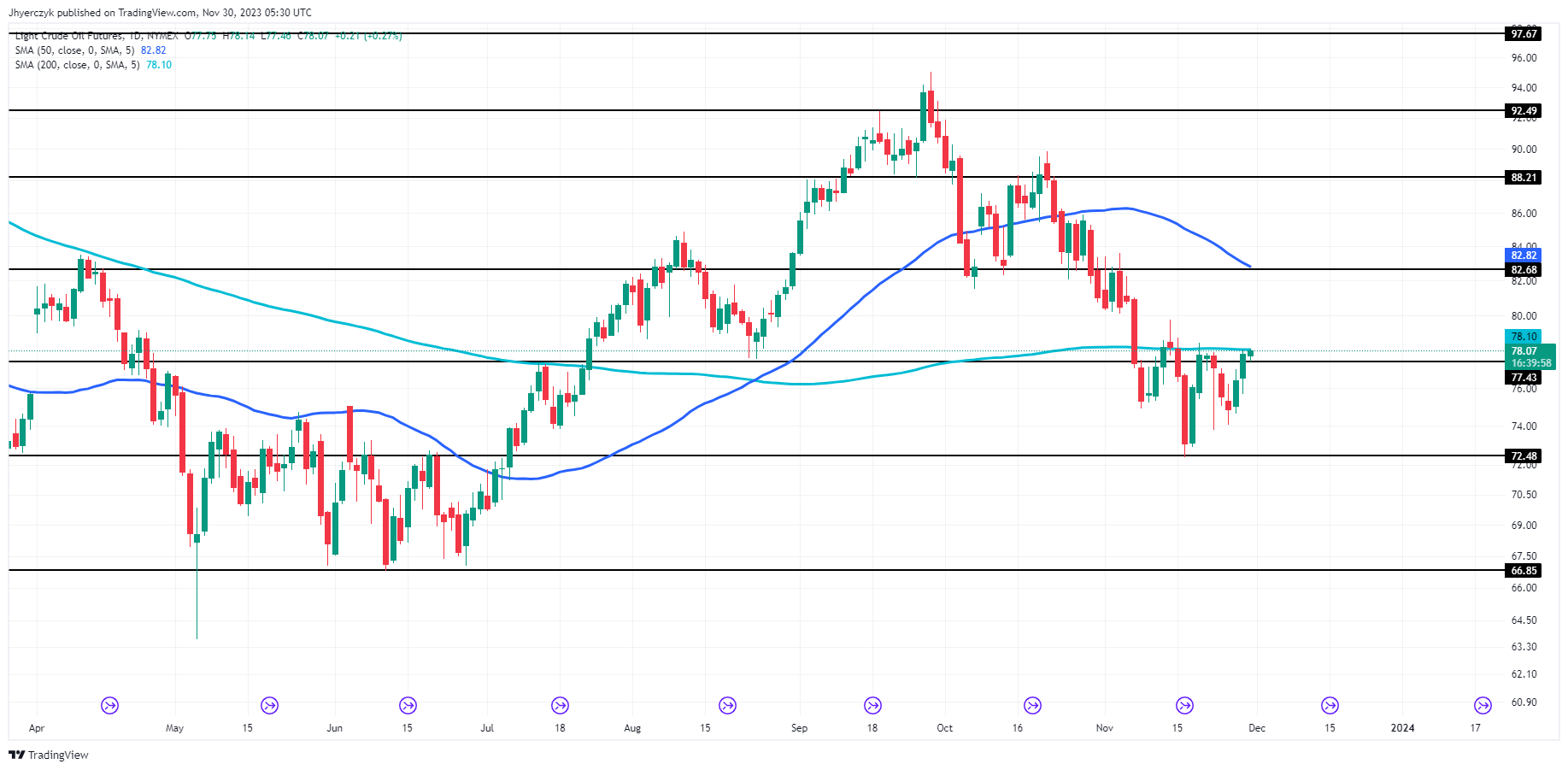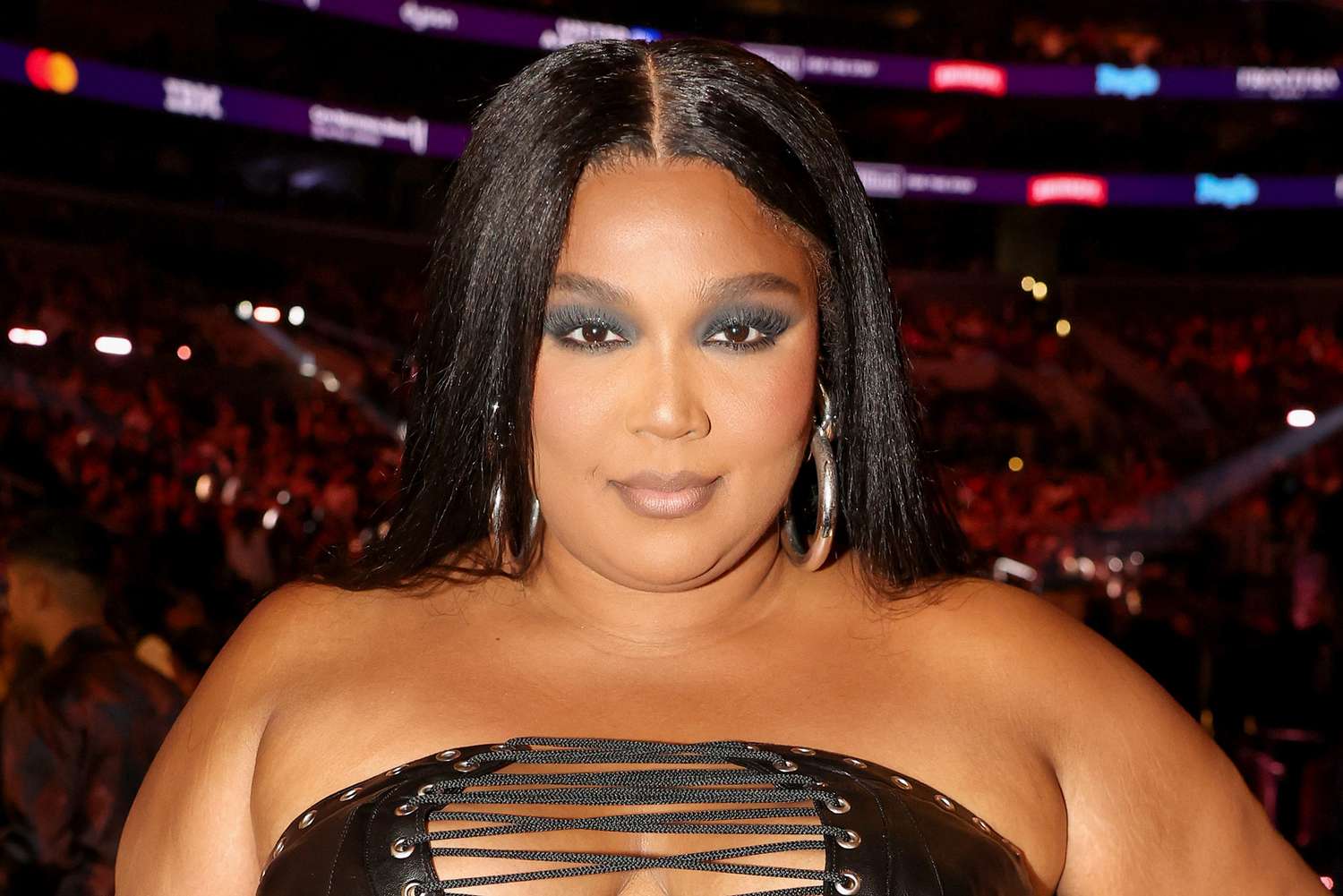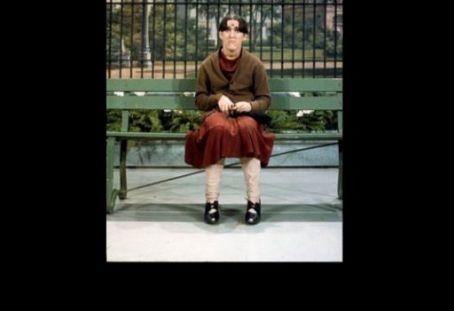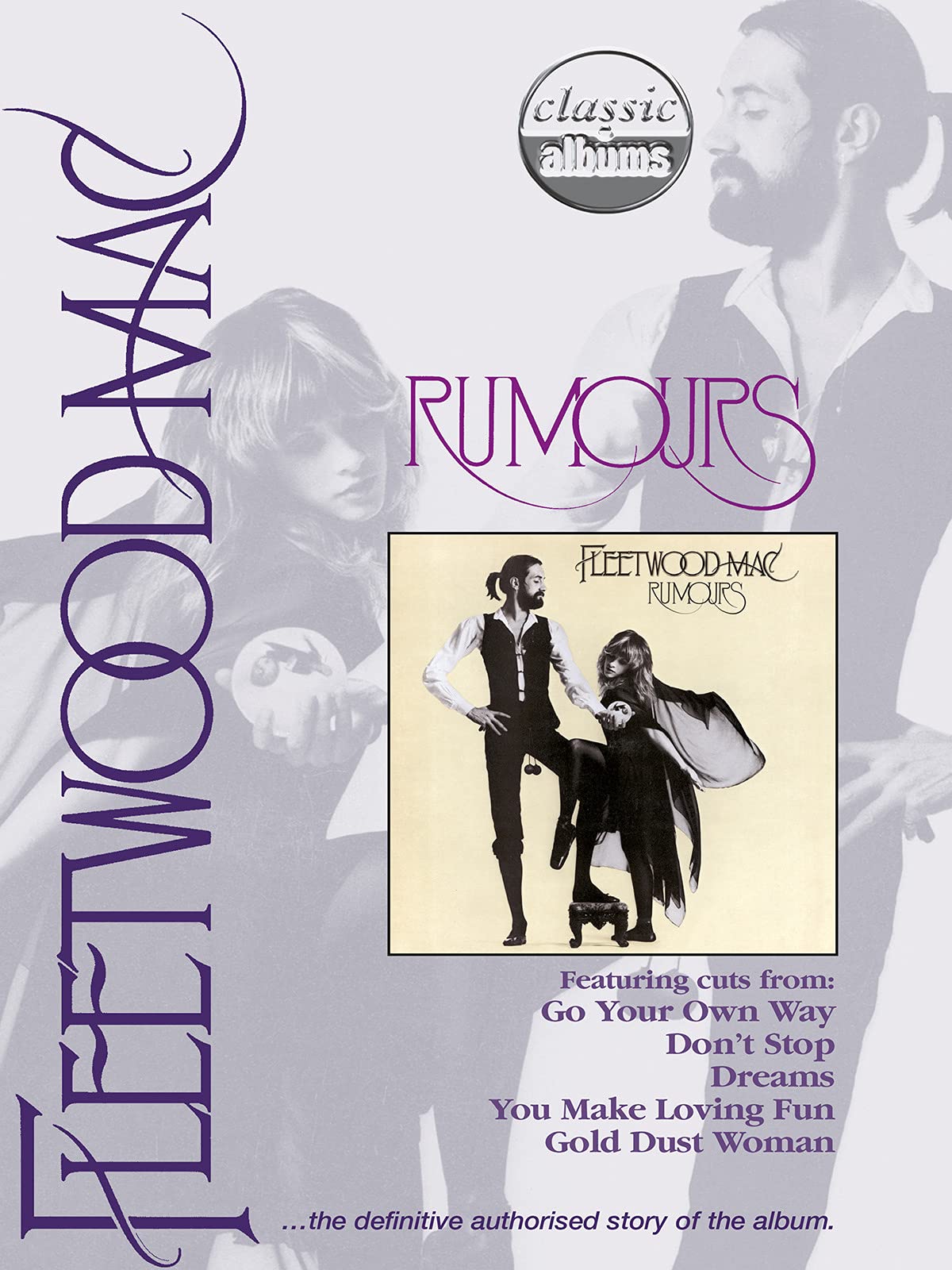Backlash Against Lizzo: Comparing Britney Spears And Janet Jackson

Table of Contents
The Nature of the Backlash
Lizzo's Accusations
The Lizzo backlash stems from a lawsuit filed by three former dancers alleging sexual harassment, creating a significant challenge to her carefully cultivated public image as a champion of body positivity.
- Key accusations: The lawsuit details allegations of sexual harassment, creating a hostile work environment, and weight-shaming.
- Media coverage: The allegations received widespread media attention, dominating headlines and sparking intense online debates.
- Initial responses: Lizzo initially denied the allegations, but the fallout has significantly impacted her public image and career trajectory. The subsequent public response has been varied, with some expressing support for the dancers and others defending Lizzo. This demonstrates the complexity of navigating accusations in the court of public opinion.
Britney Spears' Conservatorship
Britney Spears' 13-year conservatorship remains a defining example of the intense media scrutiny and exploitation that female celebrities can face. The #FreeBritney movement brought global attention to the situation, highlighting systemic issues within the legal system and the entertainment industry.
- Key aspects: The conservatorship severely restricted Spears' personal and professional autonomy, controlling her finances, career, and personal life.
- Public support: The #FreeBritney movement mobilized significant public support, ultimately leading to the termination of the conservatorship.
- Long-term impact: The conservatorship deeply affected Spears' mental health and career, leading to ongoing discussions about the exploitation and abuse of power within the entertainment industry. This experience highlighted the vulnerability of celebrities and the need for stronger protections.
Janet Jackson's Super Bowl Halftime Show Controversy
The infamous "wardrobe malfunction" during Janet Jackson's Super Bowl XXXVIII halftime performance with Justin Timberlake resulted in a significant backlash, disproportionately impacting Jackson's career.
- Media reaction: The incident sparked intense media outrage, focusing primarily on Jackson's role while largely overlooking Timberlake's involvement.
- Career impact: Jackson faced significant career repercussions, including radio blacklisting and public condemnation.
- Lasting implications: The incident highlighted issues of censorship, media bias, and the double standards often applied to women in the entertainment industry. The event continues to fuel discussions about sexism and media accountability.
Similarities in Public Treatment
The Double Standard
A striking similarity across these cases is the evident double standard applied to female artists compared to their male counterparts. While male celebrities often face less severe consequences for similar actions, female artists are frequently subjected to harsher judgment and greater career repercussions.
- Examples: Consider the contrasting media reactions to similar controversies involving male and female artists. Often, men's transgressions are downplayed or excused, while women face intense public condemnation.
- Keywords: The consistent application of gender bias in the media's reporting and public response reinforces the harmful nature of this double standard within celebrity culture.
The Power of Public Opinion
Social media plays a crucial role in shaping narratives surrounding these controversies. Public opinion, amplified by online platforms, can significantly impact an artist's career and reputation, sometimes leading to "cancel culture" outcomes.
- Social media's impact: The rapid dissemination of information and opinions on social media can quickly shape public perception, regardless of the facts or legal outcomes.
- Reputation management: Artists must carefully manage their public image in the face of intense online scrutiny, highlighting the powerful influence of social media on celebrity culture.
Differences in the Narratives
Nuances in the Accusations
Despite the similarities in the public backlash, crucial differences exist in the nature and severity of the accusations against each artist. The specific allegations and their contexts require careful consideration.
- Comparison of allegations: The accusations against Lizzo involve alleged workplace misconduct, while Britney Spears' case highlighted the abuse of power within the legal system. Janet Jackson's situation involved a brief, unintentional wardrobe malfunction.
- Context matters: A fair assessment of each situation requires considering the specifics of the allegations, the legal processes involved, and the cultural context of each era.
Evolving Public Discourse
The public's response to these controversies reflects evolving societal attitudes and expectations. Over time, there has been a growing awareness of issues such as gender bias, exploitation, and the importance of accountability within the entertainment industry.
- Changing norms: The #MeToo movement and other social justice initiatives have increased public awareness of power imbalances and sexual harassment.
- Cultural shifts: The response to each controversy reflects the evolving cultural landscape and changing expectations regarding acceptable behavior in the entertainment industry. The Lizzo backlash, for example, demonstrates a greater societal awareness and intolerance of workplace harassment compared to the reactions surrounding Britney Spears' conservatorship or Janet Jackson's Super Bowl incident.
Conclusion
The Lizzo backlash, when compared to the experiences of Britney Spears and Janet Jackson, highlights the crucial need for nuanced conversations regarding celebrity scrutiny and gender bias. These cases illustrate the powerful influence of public opinion, the double standards often applied to female artists, and the evolving nature of public discourse surrounding such controversies. While the specific details of each situation differ significantly, they share a common thread: the disproportionate impact of public scrutiny and the persistent presence of gender bias within the entertainment industry. Let's continue the dialogue about fair treatment within the entertainment industry and promote a more responsible approach to celebrity news and public discourse surrounding the Lizzo backlash and similar controversies.

Featured Posts
-
 Will Big Oil Yield Opec Decision And The Future Of Oil Production
May 05, 2025
Will Big Oil Yield Opec Decision And The Future Of Oil Production
May 05, 2025 -
 Lizzo Shows Off Weight Loss Results A Social Media Dance Celebration
May 05, 2025
Lizzo Shows Off Weight Loss Results A Social Media Dance Celebration
May 05, 2025 -
 New Parent Max Verstappen Ready For Miami Gp
May 05, 2025
New Parent Max Verstappen Ready For Miami Gp
May 05, 2025 -
 Impact Of Us Tariffs On Sheins London Initial Public Offering
May 05, 2025
Impact Of Us Tariffs On Sheins London Initial Public Offering
May 05, 2025 -
 Comedienne Ruth Buzzi Of Sesame Street And Laugh In Fame Passes Away
May 05, 2025
Comedienne Ruth Buzzi Of Sesame Street And Laugh In Fame Passes Away
May 05, 2025
Latest Posts
-
 Fleetwood Macs Biggest Hits A Testament To Enduring Popularity
May 05, 2025
Fleetwood Macs Biggest Hits A Testament To Enduring Popularity
May 05, 2025 -
 Fleetwood Macs Unexpected Us Chart Success A Hit Album Without New Music
May 05, 2025
Fleetwood Macs Unexpected Us Chart Success A Hit Album Without New Music
May 05, 2025 -
 Experience Fleetwood Mac With Seventh Wonder Perth Mandurah Albany
May 05, 2025
Experience Fleetwood Mac With Seventh Wonder Perth Mandurah Albany
May 05, 2025 -
 Seventh Wonder A Fleetwood Mac Tribute Concert Tour Of Western Australia
May 05, 2025
Seventh Wonder A Fleetwood Mac Tribute Concert Tour Of Western Australia
May 05, 2025 -
 Is Fleetwood Macs New Album A Chart Buster Early Predictions
May 05, 2025
Is Fleetwood Macs New Album A Chart Buster Early Predictions
May 05, 2025
